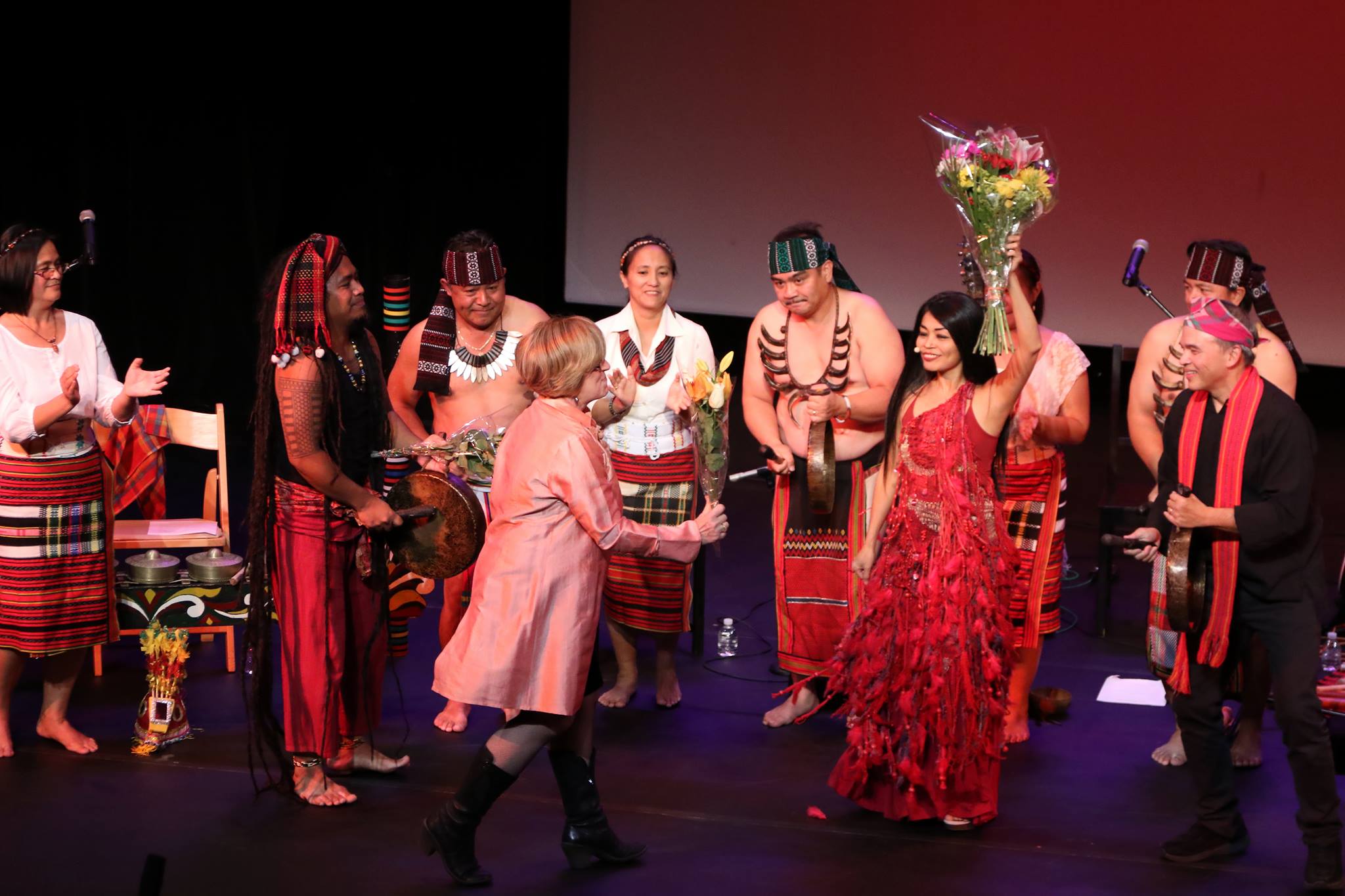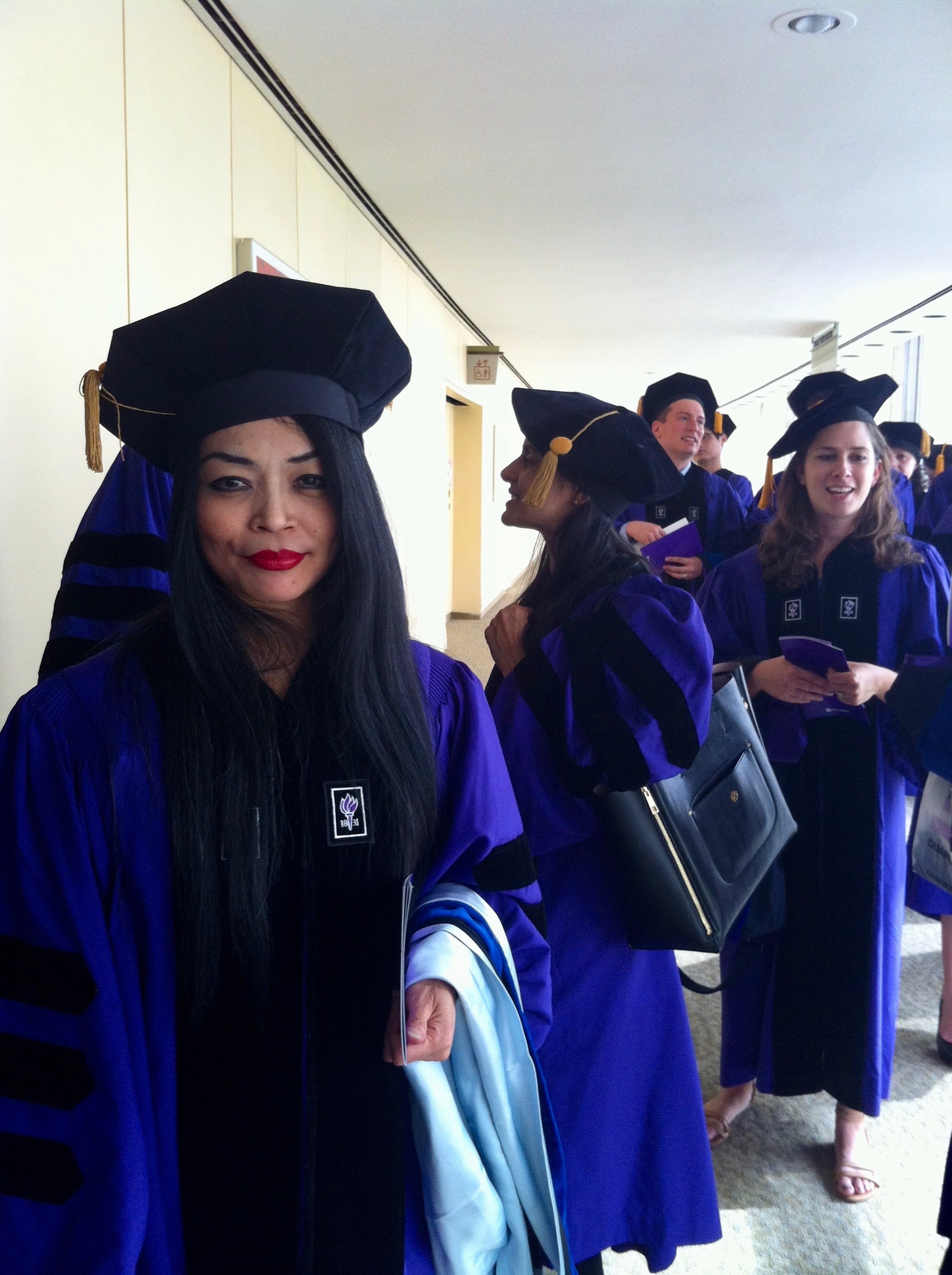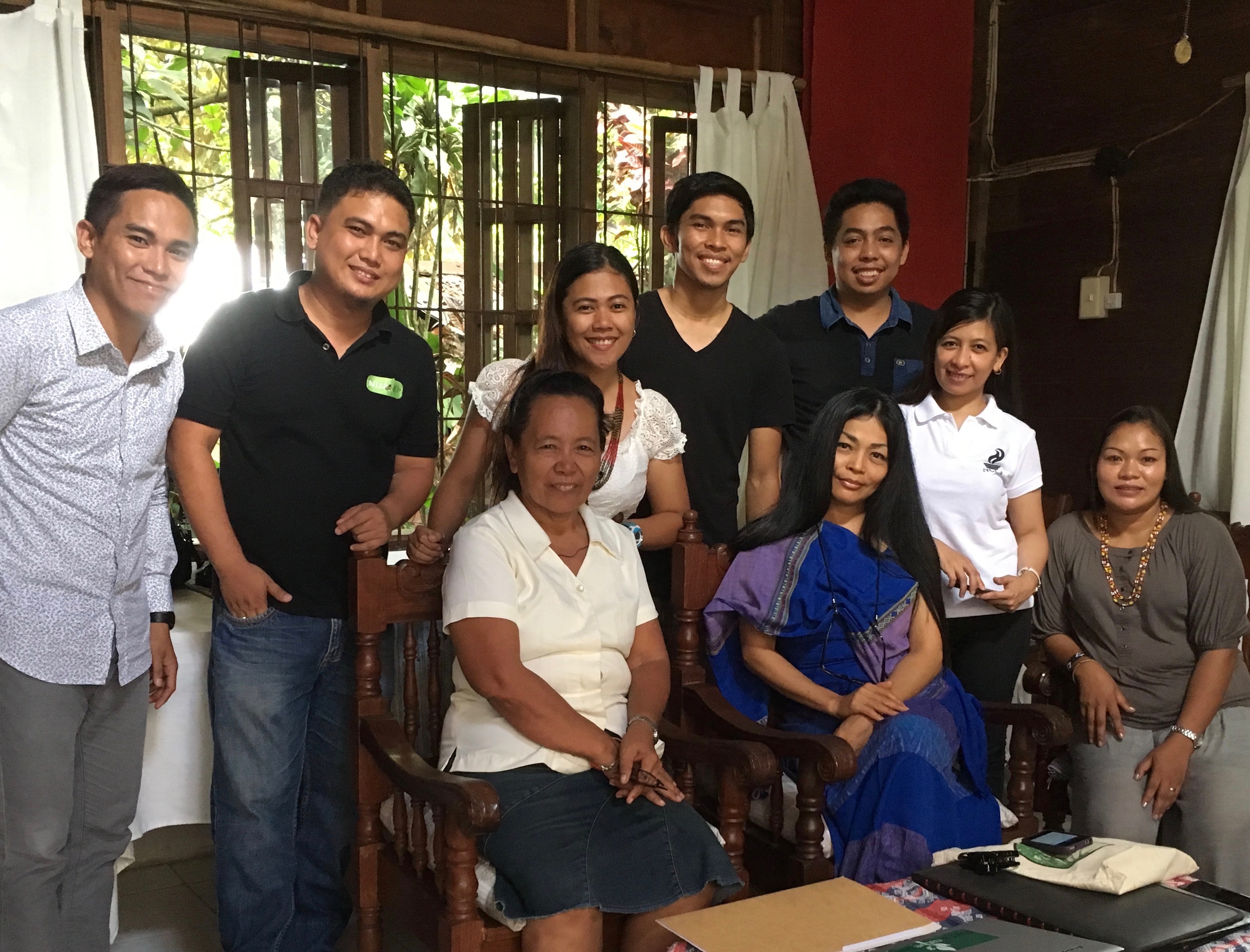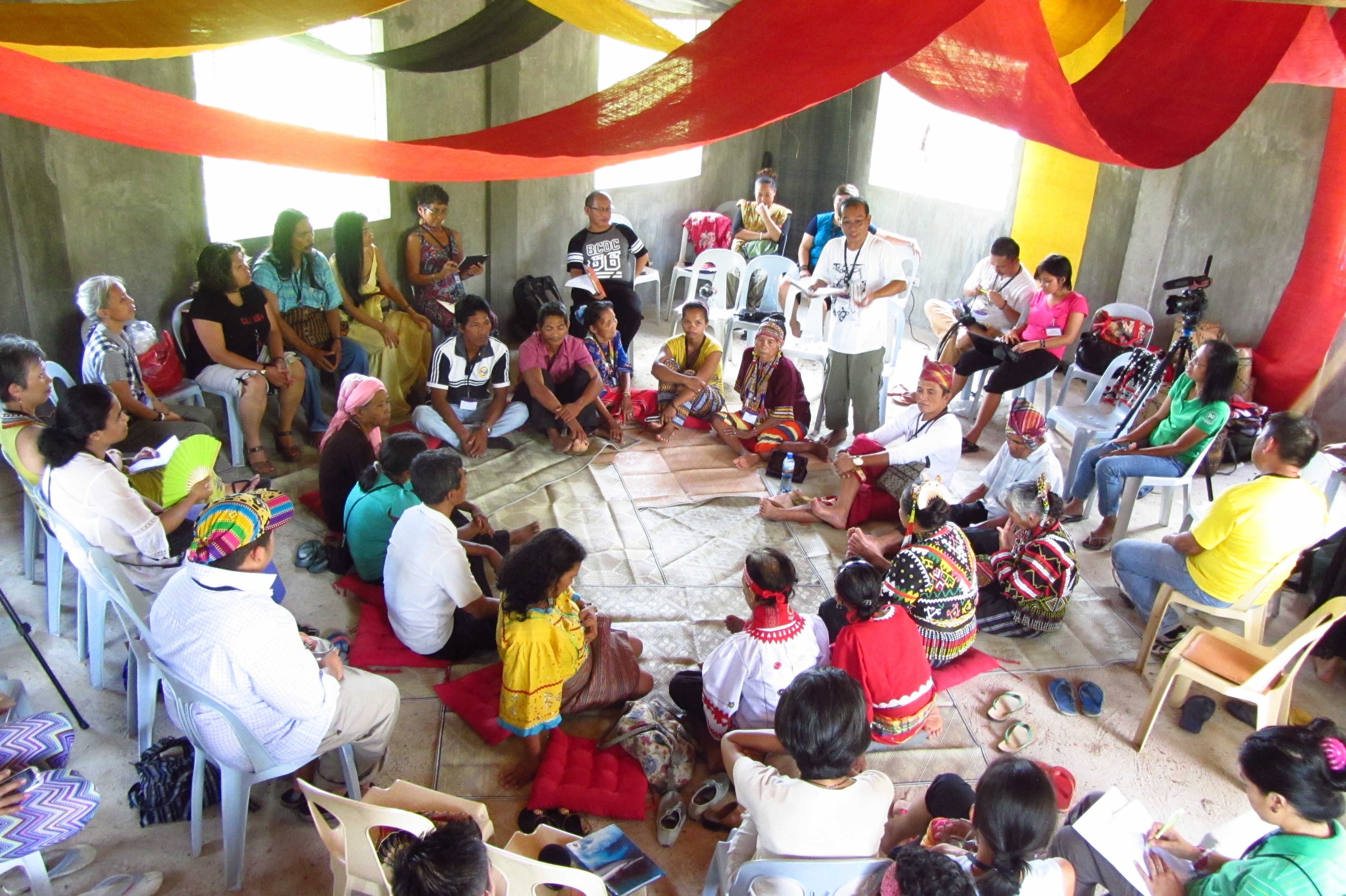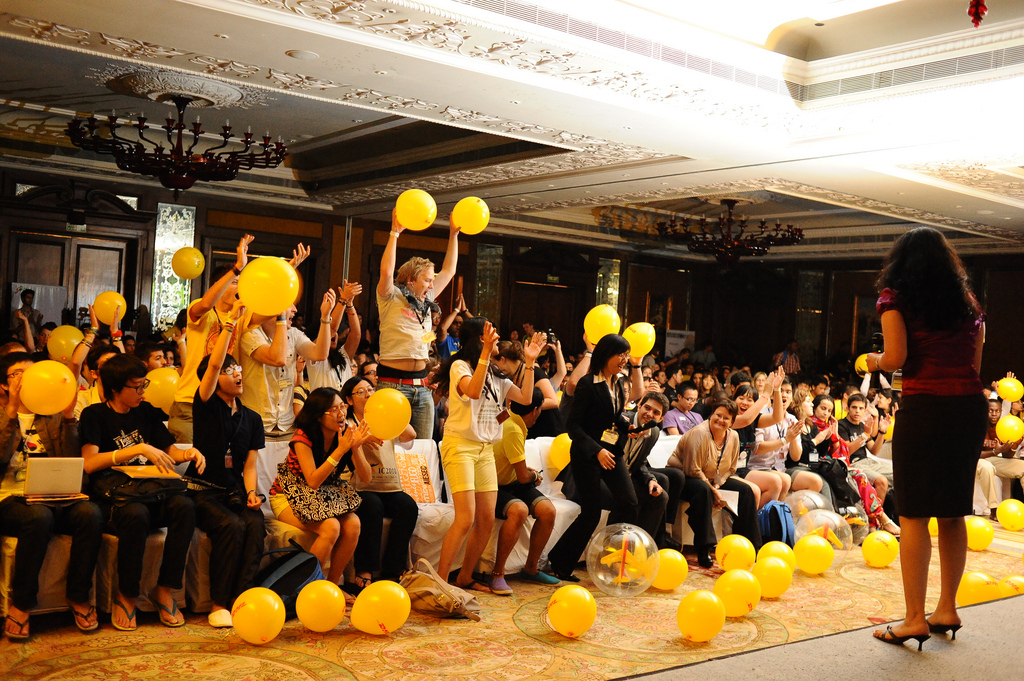Music is an integral part of our culture and tradition. With or without words, it conveys universal emotions such as happiness, hope, love, fear, and gratitude. Since it is part of our cultural identity, our ancestors have tried to preserve it and pass it on from generation to generation.
For Grace Nono, a Filipino music-performing artist, ethnomusicologist, cultural worker, and Founder and President of Tao Foundation of Culture and Arts, her passion for oral and aural traditional performances does not stop at learning them. She is helping indigenous groups preserve not just their oral/aural traditions but revitalize their culture as well. We had the opportunity to interview her to learn more about her passion and her life’s mission.
What influenced your love for ethnic music?
Grace Nono: What I am interested in are sung oral/aural traditional performances (a more accurate terminology than ethnic music, at least in my case). These oral/aural traditional performances are both repertoires and ways of singing, communicating, expressing, learning, creating, and understanding/theorizing about songs, voices and life in general among many of the Philippines’ major and minor ethnolinguistic groups. Many of these performances can be traced to precolonial times before they became muted by Spanish and American colonizations and by elite nationalist modernization processes. Yet, they continue to be generated and practiced by some elders, especially those who have received minimal or no formal education. They are also practiced by younger, modernized generations—including myself—who, in acts of decolonization and cultural revitalization, have sought to learn from elders the practices and meanings of these oral/aural traditional performances.
How is the Philippine government helping preserve these traditions?
G.N: One of the Philippine government’s initiatives to help keep oral/aural performances and other cultural traditions alive is to establish schools of living traditions or SLTs around the country in cooperation with institutional partners that are mostly non-government and peoples’ organizations. The SLTs are community-based spaces for learning where elderly cultural masters/practitioners transmit their practices and philosophies to the youth. In keeping with UNESCO’s call for the preservation of cultural heritage in its living, non-formal, oral forms, these SLTs generally make use of culturally-rooted teaching and learning methodologies and theories that depart from much of the formal/Westernized ways of teaching, learning, and understanding cultural practices.
In the photo: Grace Nono. Photo Credit: Neal Oshima
You also founded Tao Foundation for Culture and Arts. What prompted you to establish it?
G.N: My work has three interrelated and complementary aspects: arts practice (I am a singer, who, in the last fifteen years, has been focusing on oral/aural traditional performances); scholarship (I am an ethnomusicologist who has written about traditional musical practices in relation to issues of gender, religion, medicine, and globalization), and grassroots cultural facilitation (I founded the Tao Foundation for Culture and Arts). The Tao Foundation is a non-governmental organization run by artists, scholars, and community leaders engaged in Philippine cultural regeneration initiatives. Its mission is to facilitate the exchange, transmission, and development of cultural knowledge and practices; and to contribute to the empowerment of masters/practitioners of these cultural knowledge and practices.
 In the photo: Grace Nono (front) — Ethnomusicologist and scholar of Philippine shamanism. Photo Credit: Grace Nono
In the photo: Grace Nono (front) — Ethnomusicologist and scholar of Philippine shamanism. Photo Credit: Grace Nono
The program of your foundation involves: 1) Access of entitlements for the elderly bearers to benefits and privileges as provided under the law and existing policies, 2) An arts and crafts livelihood for mostly female and traditional artist-partners, and 3) Scholarship Programs for young, traditional artists and future culture bearers. Can you explain why you chose to focus on these three components?
G.N: Tao Foundation’s past projects have included publishing educational materials on oral/aural performances and other cultural traditions; providing scholarships for indigenous youth; helping mostly women artisans develop livelihood activities; and organizing training on traditional healing.
At the moment, the Tao Foundation focuses on the Agusan del Sur-School of Living Traditions.
After two decades of working independently with very little government or private support, the Tao Foundation has decided to partner with the National Commission for Culture and Arts (NCCA) whose vision for the SLT intersects with our commitment to contribute to cultural revitalization.
This partnership allows the Tao Foundation to continue its work with Agusan del Sur’s cultural masters/practitioners of indigenous languages, traditional oral/aural performances, musical instrument performances, dances, weaving, embroidery, traditional house-building, and traditional healing, in training youth who could become future cultural leaders. These past few months, we have been busy collaborating with the elders in formulating the Agusan del Sur-SLT’s curriculum content and methodology, as well as forging partnerships with other agencies like the Department of Education.
Related article: “THE FUTURE OF COLOMBIAN MUSIC: AN INTERVIEW WITH JULIAN SALAZAR”
Besides the Agusan del Sur-SLT that largely takes on a local character with cultural masters/practitioners and students all hailing from Agusan del Sur, the Tao Foundation also organizes educational encounters between cultural masters/practitioners and students from different parts of the Philippines. Also participating in these encounters are Filipinos and Filipino descendants now living in the diaspora who wish to learn Philippine cultural knowledge and practices that they have become alienated from due to the histories of migration. These educational encounters are complementary with the Agusan del Sur-SLT in that they take on a more national and global character.
 In the photo: Grace Nono (seated in the middle) with Agusan del Sur – School of Living Traditions facilitators. Photo Credit: Grace Nono
In the photo: Grace Nono (seated in the middle) with Agusan del Sur – School of Living Traditions facilitators. Photo Credit: Grace Nono
one the most pressing issues faced by many cultural communities today is how to secure their indigenous ancestral domains from big, often transnational business interests that are out to exploit their natural resources, destroying indigenous lands and waters in the process, while keeping local populations in servitude and dependent on non-sustainable forms of livelihood.
What do you consider to be the most successful project of the Tao Foundation?
G.N: What I am proud of the most is not one particular project because much of what we have done so far, with the grace of the Almighty, I think, has generally impacted positively on all participants. The success lies in the foundation’s ability to bring people and communities divided by ethnicity, geography, class/social status, gender, religion together so that they can share both their differences and shared humanity/descent/identities as people or descendants of people from these islands, and from there, build sustainable relationships of mutual support.
 In the Photo: Educational Encounters. Photo Credit: Mini Gavino
In the Photo: Educational Encounters. Photo Credit: Mini Gavino
Based on your experience, what do you think is the most pressing issue that ethnic groups are facing? How do you think the Philippine government should tackle this?
G.N: From my observation, perhaps one the most pressing issues faced by many cultural communities today is how to secure their indigenous ancestral domains from big, often transnational business interests that are out to exploit their natural resources, destroying indigenous lands and waters in the process, while keeping local populations in servitude and dependent on non-sustainable forms of livelihood. A corollary to this is the problem of militarization. Other issues include food insecurity, lack of support for traditional (not just political) indigenous systems of governance, for education and youth leadership training, for culturally-resonant livelihood opportunities, for traditional healthcare systems, and for indigenous-led environmental regeneration campaigns.
In the Video: Grace Nono at the Irish Christmas Concert from Clang Sison on Vimeo.
The most effective solutions, however, must come from the local communities themselves, not from technocrats in a top-down fashion. And yet, without government and non-government support, local solutions are often hard-pressed and have a difficult time taking off. Hence, the framework of cooperation and mutual assistance between local communities, government agencies, and non-government/peoples’ organizations.
Recommended reading: “GRACE NONO’S ‘SONG OF THE BABAYLAN’ CELEBRATES OUR ISLANDS’ LEADERS”
Note: The word Tao can take a double meaning: 1) pronounced tah’- oh in many Philippine dialects, which means human or a person. 2) “the way” in Chinese.
About Grace Nono

Born and raised in the river valley of Agusan, Northeastern Mindanao, Southern Philippines, Grace Nono is a music-performing artist, ethnomusicologist, and cultural worker. Grace received her bachelor’s in Humanities and Master’s in Philippine Studies from the University of the Philippines-Diliman, and her Doctorate in Ethnomusicology from New York University. She is a recipient of various fellowships and further training through the Global Research Initiative in Florence, the Asian Cultural Council in New York, the Asia-Pacific Performance Exchange program in Los Angeles, the Asia-Pacific Cultural Center for UNESCO in Kyoto, and the Asian Institute of Management’s Managing the Arts Program in Manila. Grace has just completed a Research Associate and Visiting Faculty post at the Women’s Studies in Religion Program of the Harvard Divinity School in Cambridge. Click here to see Grace’s complete profile.


